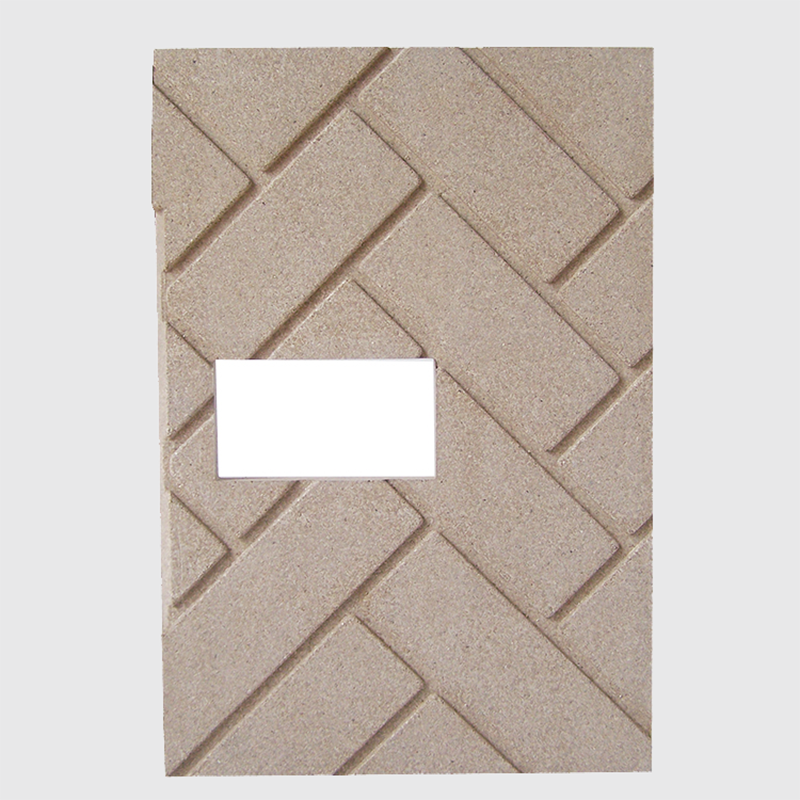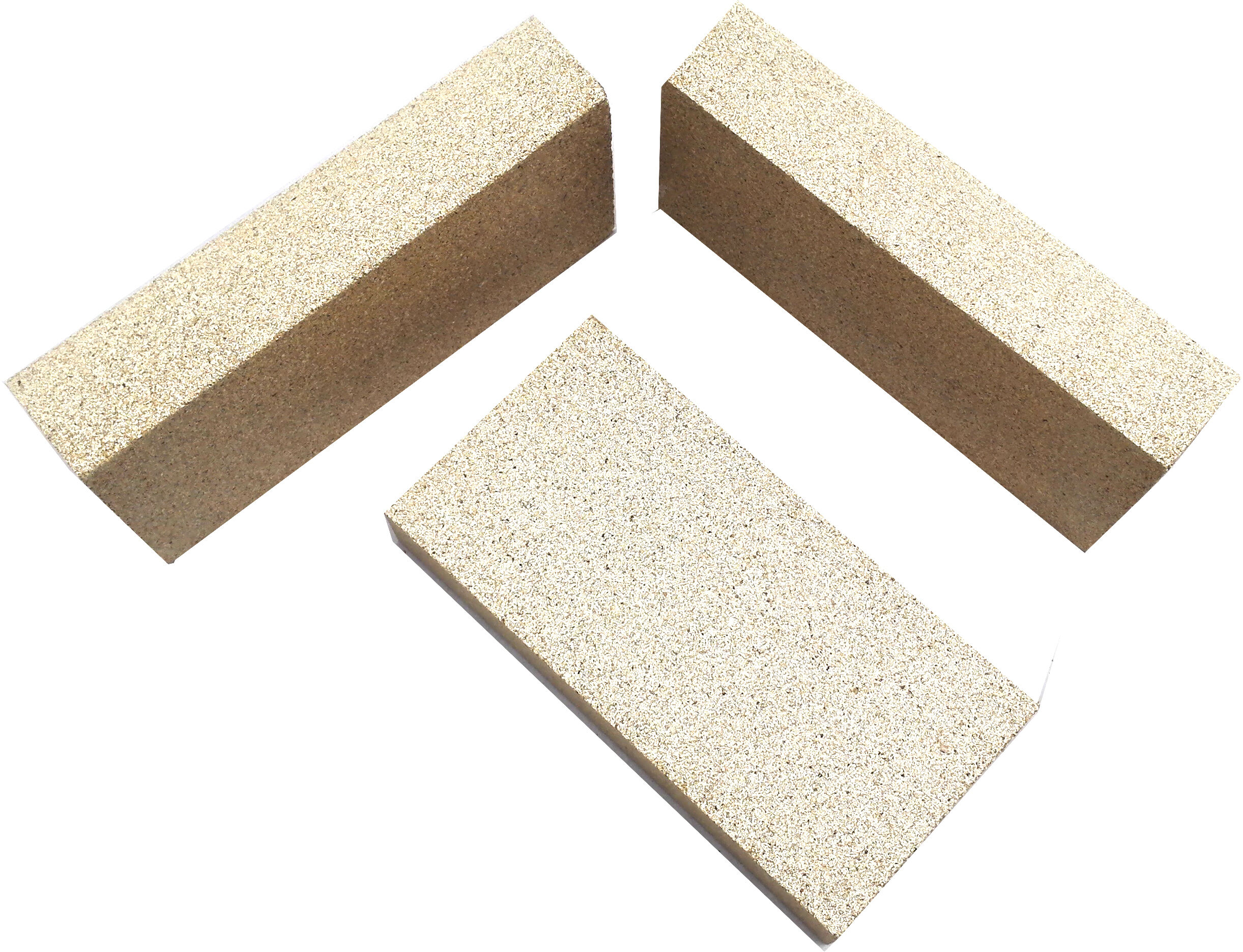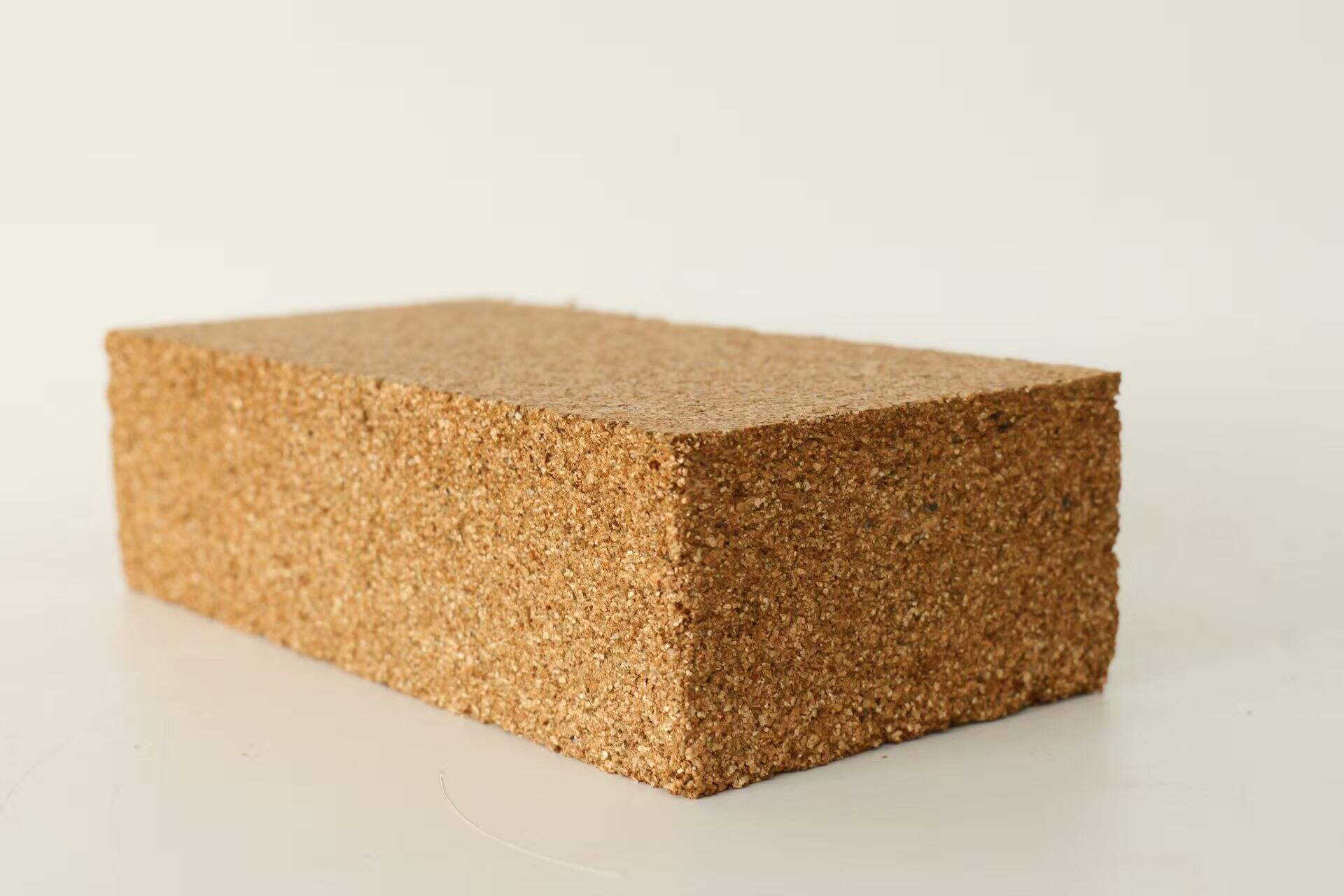The Role of Vermiculite Insulation in Aluminium Electrolytic Cells
Thermal Management in High-Temperature Environments
Vermiculite insulation is really important for controlling heat in those aluminum electrolytic cells that run hot all the time, typically around 950 to 1000 degrees Celsius. What makes this material so valuable is how it stops heat from escaping, which keeps things running efficiently and saves quite a bit on energy bills. The reason vermiculite works so well is because it doesn't conduct heat easily, somewhere between 0.04 and 0.06 watts per meter Kelvin. This property means factories can maintain those scorching temperatures without burning through extra power. For manufacturers looking to cut costs while still meeting production targets, good quality high temp insulation isn't just helpful anymore it's becoming essential across many industrial settings where temperature control matters most.
Resistance to Molten Aluminium and Cryolite Penetration
Vermiculite insulation stands out because it resists damage from molten aluminum and cryolite, which makes all the difference when keeping electrolytic cells structurally sound. Research has shown time and again that this material holds up under long-term exposure to these harsh substances without breaking down, something scientists measure using various testing methods. The ability to resist degradation matters a lot since it means longer lasting cells and fewer safety issues like dangerous thermal runaways or potential leaks. Manufacturers who deal with these extreme conditions rely on vermiculite's durability day after day. Many companies across the industry have switched to vermiculite boards simply because they know their equipment will last longer and operate safely even in those tough environments.
Key Benefits of Vermiculite-Based Industrial Insulation Materials
Energy Efficiency Through Low Thermal Conductivity
Vermiculite insulation has gained popularity in industrial applications because it really helps improve energy efficiency. The main reason? Its low thermal conductivity means it stops heat from escaping so effectively. Industrial plants that install this kind of insulation often see noticeable drops in their energy bills. Some reports suggest savings around 30%, though actual results depend on how the material is applied. The Canadian Housing and Mortgage Corporation also points out that these thermal barriers significantly reduce greenhouse gas emissions, making them good for both the bottom line and the environment. Because of all these benefits, many manufacturing sectors and commercial buildings have started incorporating vermiculite into their insulation strategies when looking to cut costs and meet sustainability goals.
Durability Under Extreme Operating Conditions
Vermiculite insulation stands out because it lasts so long even when things get really hot, holding up at temperatures as high as 1200 degrees Celsius without breaking down. What makes this material special is how it doesn't react much with chemicals around it, which means it stays intact longer than most alternatives. Factory workers across different sectors have noticed this over years of operation. When looking at performance against other insulations designed for high heat situations, vermiculite just keeps performing better day after day. The fact that it can handle rough conditions translates into real benefits for factories and plants. Less downtime means fewer production losses and lower repair costs in the long run. That's why many manufacturers turn to vermiculite whenever they need reliable insulation for their furnaces, kilns, or any equipment where maintaining consistent temperatures matters most.
Vermiculite Insulation Products for Electrolytic Cell Applications
High Temperature Fire Resistant Vermiculite Board
Vermiculite boards that resist high temps are a must have in places where fire safety matters most because they hold up under intense heat situations. These boards really stand up to thermal shocks and will take direct flames plus temps over 1200 degrees Celsius without warping or melting away. After lots of testing in labs and on factory floors, these materials stay stable even after sitting in extreme heat for hours at a time. That makes them perfect for tough industrial jobs like furnace linings or near molten metal operations where standard materials just wouldn't cut it.
400 Low Density Vermiculite Brick
Vermiculite bricks with low density provide excellent thermal insulation without adding much weight to buildings, making them great for big projects like commercial construction. The lightweight characteristic means less stress on building frameworks and saves money when it comes time to transport materials across town or install them on site. Plus these bricks cut down on labor costs since workers can handle them easily during installation. Electricians especially appreciate how straightforward it is to work with these materials when running wires through walls or ceilings.
Medium Density Vermiculite Brick
Medium-density vermiculite bricks are crafted to balance optimal thermal management and robust structural integrity in myriad industrial settings. These bricks offer impeccable thermal performance while ensuring stability amid significant load-bearing situations. Their adaptability makes them versatile for various applications, providing users with flexibility in implementing efficient thermal solutions.
High Density Vermiculite Brick
High-density vermiculite bricks are engineered to handle demanding conditions requiring exceptional mechanical strength and thermal capabilities. These bricks excel in heavy-duty applications, enduring substantial pressures without compromising efficiency. Field results highlight their proficiency in minimizing heat losses while remaining resilient amidst common industrial environments' conditions.
Fireproof Insulation Vermiculite Board 500 Density
Fireproof insulation boards rated at 500 density work best in those tough industrial spots where fires could easily break out. These boards stand up well against flames because manufacturers put them through rigorous heat tests before shipping them out. The real advantage comes from how these boards do two jobs at once. They stop heat from spreading while also keeping temperatures under control in places like chemical plants or refineries. This means plant managers get both safety benefits and lower energy bills since the insulation works so effectively.
Selecting the Right Vermiculite Insulation Board
Density vs Thermal Performance Considerations
Picking out the right vermiculite insulation board means getting how density affects thermal performance. Generally speaking, denser boards tend to resist heat better, something that really matters when trying to keep things energy efficient in those hot spots where temperatures run high. But there's another side to this coin too. Boards that pack in more density also get heavier and harder to work with during installation. Matching board density to what a particular job actually needs isn't just good practice it's practically mandatory these days. Getting this balance right helps maximize those precious energy savings without turning installation into some kind of wrestling match with heavy materials. Look at several factors before making a choice including just how hot the area gets, whether the structure can handle extra weight, and exactly what kind of thermal protection is needed for the space.
Custom Machining Capabilities for Precision Fitting
When companies need vermiculite insulation boards cut to exact specifications, custom machining becomes essential for many industrial applications that demand specific fits. Getting those boards just right matters because proper fit minimizes heat loss through gaps between components while making installations go faster too. Most suppliers these days actually provide custom cutting services for all sorts of unusual shapes and sizes, so even complicated installations work out smoothly. This really helps in sectors like power generation or chemical processing plants where machinery layouts often require oddly shaped insulation pieces. Going with machined-to-order boards means operations teams don't have to settle for second best when it comes to insulation quality, which ultimately keeps systems running better over time.
Maintenance and Longevity of Vermiculite Insulation Systems
Monitoring Thermal Degradation in Electrolytic Cells
Keeping an eye on how heat affects vermiculite insulation over time matters a lot when it comes to both safety and how well electrolytic cells work. There are several ways to check this out quantitatively. Thermal imaging gives a good visual picture while measuring electrical resistance tells another story about what's happening inside. Spotting these early warning signs means problems can actually get fixed before they turn into bigger headaches down the road. Most folks in the business stick to yearly inspections as standard practice. This regular checkup helps keep things running smoothly without surprises stopping production cold, plus it makes those insulation systems last longer overall.
Replacement Guidelines for Optimal Safety
Setting rules for replacing old vermiculite insulation matters a lot for keeping operations safe. Most professionals recommend swapping out this type of insulation once it starts losing its heat resistance properties. The whole thing works best with regular checkups and prompt replacements before problems happen. Without proper attention, there's real risk of both structural issues and poor temperature control in industrial settings. Companies that stick to these replacement schedules find their high temp insulation keeps working properly over time, protecting equipment and personnel without causing disruptions to daily operations.
Table of Contents
- The Role of Vermiculite Insulation in Aluminium Electrolytic Cells
- Key Benefits of Vermiculite-Based Industrial Insulation Materials
- Vermiculite Insulation Products for Electrolytic Cell Applications
- Selecting the Right Vermiculite Insulation Board
- Maintenance and Longevity of Vermiculite Insulation Systems






